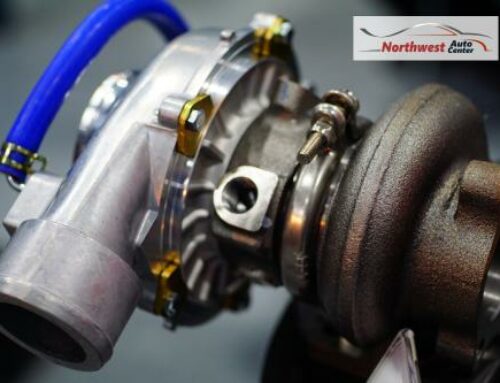
Your car needs regular oil changes — that’s a fact. It should already be a part of your routine car maintenance. But, there is a lot of confusion about what type of oil and when the oil needs a changing.
Chances are you’ve heard the myths floating around about car engine. These myths can get in the way of proper maintenance.
Read through our list of myths about engine oil to ensure a long life for your car’s engine.
6 Myths About Engine Oil
1. Engine Oils are All the Same.
This is wrong. Different types of engine oils are made for different car technologies and different types of cars. Oils have different physical characteristics too and can have different viscosities and temperature thresholds.
Depending on the age, mileage, and make of your car, you could benefit from using a different type of oil engine.
This is why you should talk to your automobile expert to decide on which oil is right for your engine.
2. Oil Changes Should Happen Every 3,000 miles (or Every 3 Months)
Many say that you should change your oil after every 3,000 miles or every 3 months – depending on which one you hit first.
Maybe this rule of thumb was important twenty years ago, but it isn’t true with new cars. Oil qualities and motor technologies have improved dramatically over the years.
Consult your owner’s manual to see oil changing suggestions. Experts also say it’s safe to wait for the oil change light to appear in the car’s instrument panel before replacing the oil.
3. There’s No Going Back to Conventional Oil
Many people believe that once you start using synthetic oil, you can’t go back to using conventional oil. The belief is that petroleum-based oil will cause damage to the engine.
This is a myth.
The only thing that truly matters is that the oil in your car meets its make and model’s requirements. What do we mean by this? As long as the oil has the right viscosity and is changed regularly, there should be no problem.
4. If the Oil Turns Black, the Engine Needs Repair
This is completely wrong. It’s the opposite actually.
You want your oil to be dark the next time it’s changed. Why? Because part of engine oil’s job is to clean its internal components.
Engine oils now have detergent-dispersant additives that extract carbon deposits and keep them suspended in the oil until the next change.
5. You Will Get More Out of Your Oil if You Add Additives.
There are different types of additives. Like we mentioned above, some remove carbon deposits from your engine so that they can be disposed of with the next oil change. Other additives improve the lubrication, cutting down on the friction in your engine. Other’s modify the viscosity, so the oil doesn’t change drastically under higher pressures.
In any case, your car’s oil should already come with these additives. Adding more of them doesn’t actually do anything for you. You end up spending more money than you need to.
It’s also a myth that additives will restore the properties of old engine oil. When it’s time to change the oil, it’s time to change it.
It’s also possible that additives will cause problems with the engine’s chemistry, possibly creating new problems.
We suggest that you spend more on premium oils during an oil change than trying to use additives to get more out of your oil.
6. Oil Never Goes Bad
This is definitely a myth. You should always expect to change your car’s oil.
When your engine is running, it heats up. Heat is the main enemy of oil. Heat changes the oil’s viscosity and over time the engine oil will degrade. This is called thermal breakdown.
As the oil breaks down, the oil flow decreases, which will eventually mean higher oil consumption.
Thermal breakdown also leads the oil’s additives to burn up quicker. As they dissipate, they release harmful compounds that can cause damage to the engine.
Your engine also collects dust particles and other environmental contaminants that can clog filters and other passageways in a car’s motor. Eventually, this will begin to interfere with the engines proper processes. So, change your oil regularly.
Remember that an oil change is critical to the longevity of your vehicle. To know more about what type of oil your engine needs and when you should change the oil, come see us at Northwest Auto Center.






Leave A Comment
You must be logged in to post a comment.